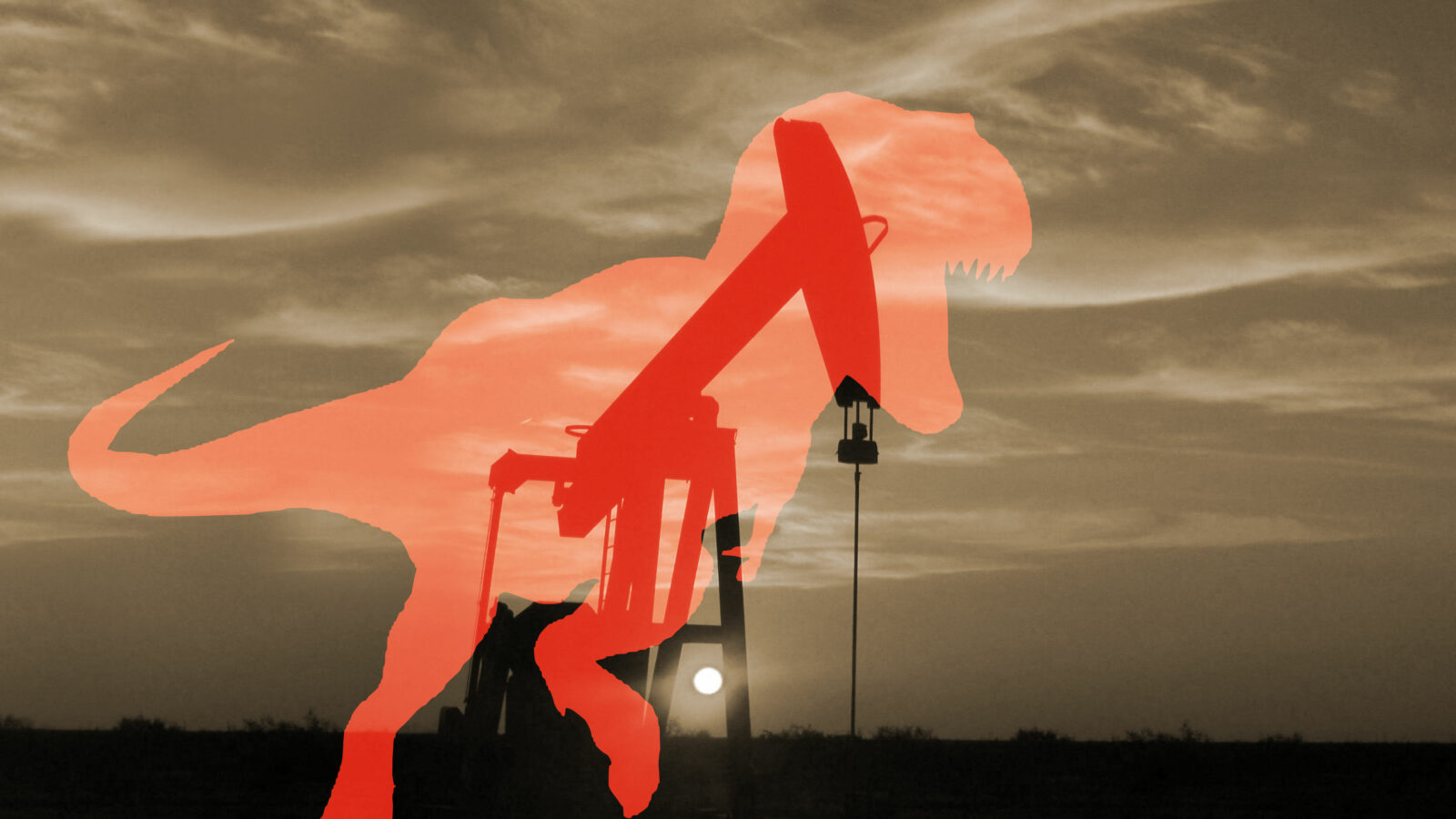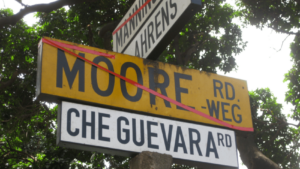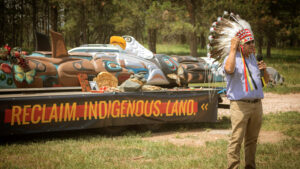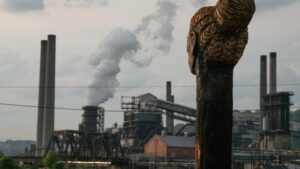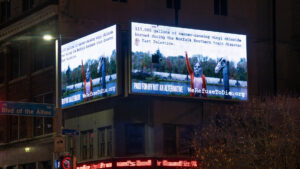2:15-3:30 pm ET
From Oak Flat, Arizona to St. James Parish in Louisiana, sacred waterways, cultural landscapes, burial grounds, and other historically significant places for Indigenous, Black, and other marginalized communities are being prospected for future mines and fossil fuel developments. Government agencies are currently weighing the potential profitability of such developments against the potential threats to environmental health, laying bare one of the enduring legacies of fortress conservation: the premise that environmentally destructive practices in one place can be “offsetted” by environmentally sustainable ones next door, as if extraction and conservation can be harmonized in the national interest. But communities are fighting back. This panel brings together community leaders and activists from key sites of contemporary environmental struggle across the country, who argue not for bigger and better fences between their homelands and extractive infrastructure, but for the end of extraction itself.
A Red Natural History launch event, organized by The Natural History Museum. Co-sponsored by Survival International and the Center for the Humanities at CUNY Graduate Center.
SPEAKERS
Dr. Wendsler Nosie Sr. (San Carlos Apache) is the founder of Apache Stronghold. He is former Chairman and Council member of the San Carlos Apache Tribe and a long time opponent of Southeast Arizona Land Exchange. He is currently living at the Apache sacred site of Oak Flat (Chi’chil Bildagoteel) to defend it from a land transfer to the mining company, Resolution Copper.
Julia Fay Bernal (Sandia Pueblo/Yuchi-Creek) is the Director of the Pueblo Action Alliance. She advocates for Water Back, Land Back, the rematriation of all stolen water resources and ancestral lands and the decommodification of all that is sacred. She serves on the Natural Resources Committee for the All Pueblo Council of Governors, and is a board member of the Middle Rio Grande Water Advocates and NAVA Education Project.
Enei Begaye (Diné/Tohono O’odham) is Executive Director of Native Movement in Alaska. Enei is of the Diné & Tohono O’odham nations, she is Tachiinii and To’dichiinii clans. Her partner is of the Gwich’in nation from Arctic Village, Alaska; together they parent four children. Enei is a longtime community organizer, trainer, facilitator, and advocate around issues of environmental justice, economic justice, climate justice, and the rights of Indigenous peoples. Enei is a co-founder of and active member of the Fairbanks Climate Action Coalition and the Black Mesa Water Coalition. She has served on various national social justice boards, she was named one of Utne Readers “50 visionaries who are changing our world,” but more importantly she is a dirt loving, vegetable growing, fabric addicted, bookworm, and a fierce mother. She was educated both on Dinétah–the land of her people–and the halls of Stanford University. She lives in Fairbanks, Alaska with her partner and children.
Kai Bosworth is a geographer and assistant professor of international studies in the School of World Studies at Virginia Commonwealth University. He is the author of Pipeline Populism: Grassroots Environmentalism in the 21st Century.

